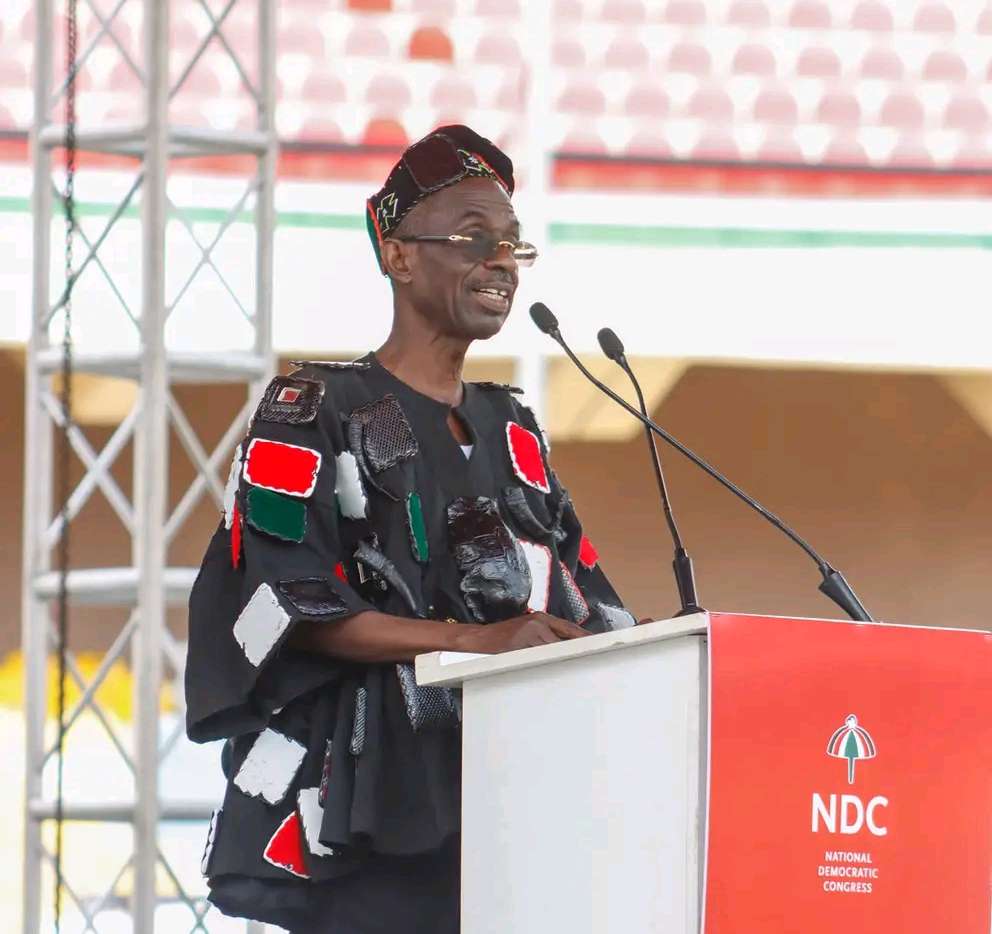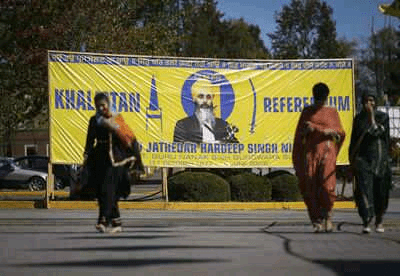On June 18, Hardeep Singh Nijjar, the chief of the banned Khalistan Tiger Force (KTF) and a notorious figure on India’s most-wanted list of terrorists, was fatally shot by two unidentified assailants outside a gurdwara in Surrey, British Columbia, Canada.
Hardeep Singh Nijjar, originally from Bharsinghpur village in Punjab’s Jalandhar, had been residing in Surrey and had been officially labeled an ‘absconder’ by India’s National Investigation Agency (NIA).
With a substantial cash reward of Rs 10 lakh placed on his head, the 45-year-old fugitive had been designated as a ‘terrorist’ under India’s stringent Unlawful Activities (Prevention) Act in July 2020, leading to the attachment of his property within the country by the NIA in September 2020.
In addition, Hardeep Singh Nijjar had an Interpol Red Corner Notice issued against him in 2016, underscoring the global community’s commitment to bringing him to justice.
Notably, Hardeep Singh Nijjar was a prominent figure in the Khalistan movement and was actively involved in organizing an unofficial referendum in India for the creation of an independent Sikh state at the time of his demise.
Indian authorities had announced a cash reward last year for information that could lead to Nijjar’s arrest, accusing him of involvement in an alleged attack on a priest.
Even in Surrey, local authorities had previously placed Nijjar under temporary house arrest in 2018 due to suspicions of his involvement in terrorist activities, but he was subsequently released.
Given these developments, it’s crucial to acknowledge the strong connections between Canada and its Sikh community, which numbers over 770,000, constituting approximately 2 percent of the country’s total population.
Earlier in the day, India vehemently rejected Canada’s accusation that it was involved in Nijjar’s assassination, dismissing it as “absurd and motivated.”
India instead urged Canada to take legal action against anti-Indian elements operating from its territory. This dispute has strained diplomatic relations, with New Delhi expressing concerns about Sikh separatist activities in Canada.
Additionally, it now poses a threat to trade relations, as talks regarding a proposed trade deal between the two nations have been halted.
Canada, on its part, stated that it was actively pursuing credible allegations linking Indian government agents to Nijjar’s murder, and Prime Minister Justin Trudeau announced the expulsion of India’s top intelligence agent from the country






































